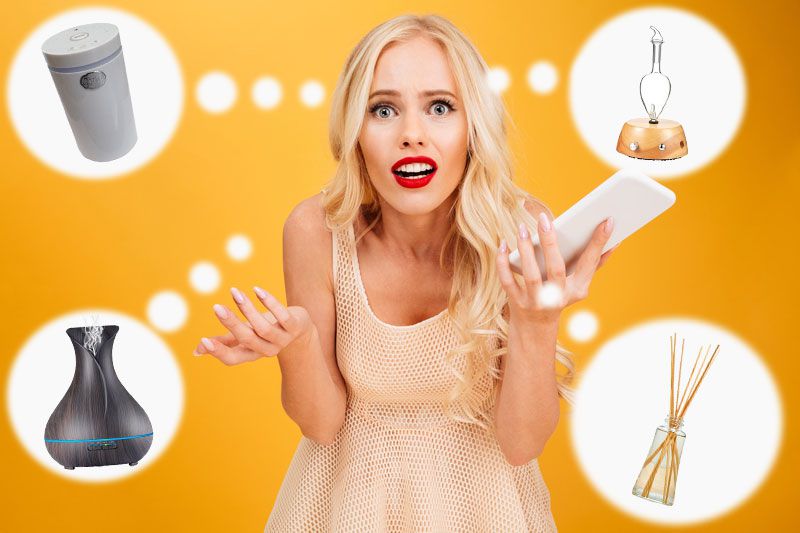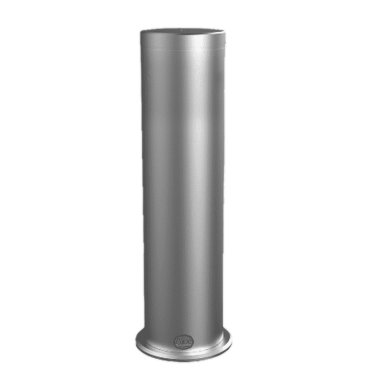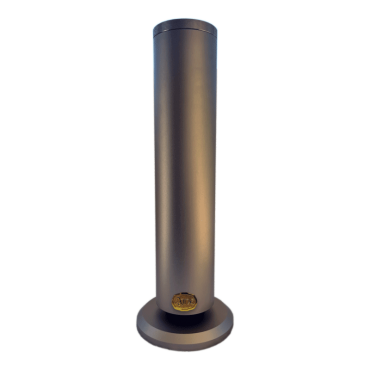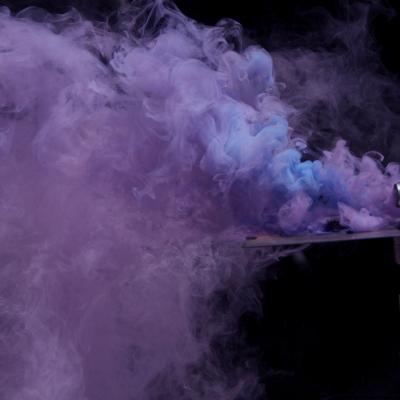Finding the Best Oil Diffuser

Want to scent your home or office? You type "aroma diffuser" or similar into your browser and wham! Instant overwhelm! What’s the difference? Why do some cost more? Are they safe for my family?
Many models look exactly the same, but on the inside, they are very different. Consider the photo below. The diffuser on the left is a nebulizing diffuser that emits pure essential oil. The other you fill with water. They couldn't be more different, but how would you know that by looking at them?
Left: An essential oil nebulizing diffuser. Right: An ultrasonic vapoizer that emits mostly water.
Most shopping sites don't offer much help. I did four searches on a well known site. I searched “water-free scent diffuser” and “waterless aroma diffuser” and “best scent diffuser” and "essential oil diffuser". All four searches returned the very same diffuser selection - only varying the order! And worse yet, every diffuser that appeared used water - even though I had typed "water free" and "waterless" in the search terms. I’m a diffuser expert! How would a non-professional know what they were seeing?!
Help is here! We’ve been building and providing diffusers to hotels, businesses, aquariums and even hospitals since 2005. So here's your quick expert guide for home and small office aroma diffusing:
Believe it or not, there are 6 common types of scent diffusers for home and office use. They are ultrasonic vaporizers (most common), reed diffusers, evaporators, fan diffusers, vacuum diffusers and nebulizing diffusers. Let's examine the benefits and drawbacks to each.
Nebulizing diffusers do not use water. They use a high powered pump to micronize the scent.
In my opinion, the best diffusers for the price are nebulizing diffusers. They work with a powerful pump that causes the liquid aroma to micronize into particles of 1 or 2 microns in size (about 50 to 100 times smaller than aerosol). The tiny particles go a long way and they don't float down and coat floors and furniture. Nebulizers can be small and affordable or super powerful. Some scent up to 2500 square feet! They don't use water - so no mold! 100% of the emitted aroma is pure scent. And every burst produces the same scent strength level from the first day to the bottom of the bottle.
They are ideal for pure essential oils, which are anti-bacterial, anti-fungal, anti-viral and anti-microbial. So you are actually cleaning bacteria, fungus, mold, microbes and many viruses from the air! Hospitals are saying that unlike synthetic anti-germ scent and disinfectants, essential oils are highly complex and effective at killing stubborn germs like MRSA!
Most nebulizing diffusers have programmable daily on and off
settings, as well as burst and rest periods. They can be easily adjusted for the
size of the space and cost only pennies per day to run. Set it and forget it until you refill. If it’s a good machine,
it will last for years.
Are there any downsides? Well, it depends on your point of view. They are usually a little more expensive. Prices range from as little as $69 to as much as $325 for all the bells and whistles. Once you have the scent in them, you must keep them upright or the liquid will pour out the top. Oh and I should mention, they make a little noise only when the scent is emitted - about the level of a whisper (15dB) on a good machine – a little louder on cheaper models. But that’s something to consider if you will use it when sleeping if you are a very light sleeper. It doesn’t bother most people, but consider that when locating it.
One important tip is to only use the essential oil and blends recommended by the manufacturer. Many blends will clog your diffuser and require service or void its warranty.
And one last thing, if you or anyone that will be in your
home or small office space has severe asthma or respiratory distress, be thoughtful about emitting aroma. Consult
your physician. With their input, perform a test with very small subtle amounts. If there is any discomfort, discontinue the process immediately. I
have clients with chemical sensitivities that claim the essential oil aromas
help them. Use proper common sense caution.
So there you have it! An insider's guide to understanding diffusers. I look forward to your questions and comments and hope this
information helps you find the best scent diffusion machine for you. Thanks for reading! Oh and be sure to check out my blog about eliminating smoke from your environment.





Leave your comment